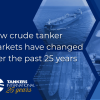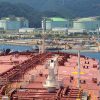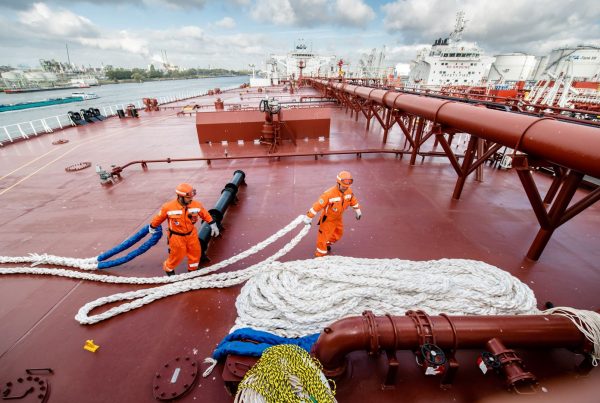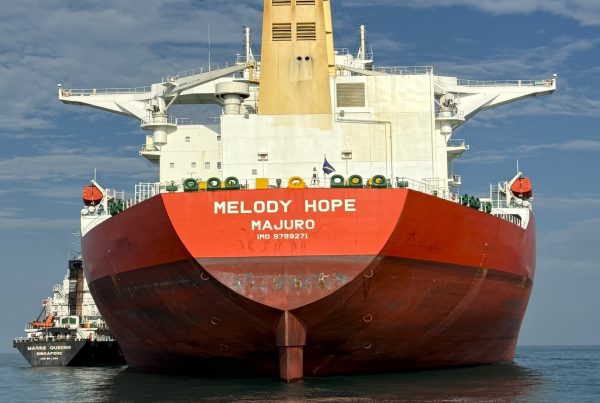What attracted you to Tankers International?
I’m a chartered accountant, and I qualified working in audit for Moore Stephens, with Tankers International being my first audit. Auditing Tankers International every quarter for nearly four years gave me a great sense of the company, and I was genuinely impressed with the entire team, from the senior leadership to operations.
After four years, it became clear that it stood out among the many companies I audited. I was particularly impressed with its IT, which, due to being both bespoke and well supported ensured data could be analysed in a variety of ways and reporting streamlined. This, combined with the tangibility of the VLCC market, its global presence and the pooling model all contributed to it being an interesting business to work for.
After one of my last audits, a member of the Tankers International team invited me for a coffee, and I was offered a role at the company. It wasn’t just a like-for-like role; the fleet was expanding at the time and they wanted me as a person and were prepared to build a role for me. I knew from my experiences interacting with the team during the audit that they treated their employees well and valued relationships.
How does your role support Tankers International?
The role is a real mix that keeps me on my toes. It involves financial reporting at month-end, annual reporting, and treasury management.
Working hand-in-hand with Pool Partners is a key element of my role. We use a mix of accounting software and bespoke reporting tools to ensure timely responses to their requests. In addition, a number of our Pool partners are listed companies which requires more stringent reporting and increased internal compliance which is where my background in audit allows me to add real value.
My role directly supports our Pool Partners’ ability to successfully navigate the decarbonisation of shipping. In 2020, for example, the IMO sulphur cap came into force, directly impacting the Pool from a financial reporting perspective. Due to new fuels, technologies and diverging partner strategies for navigating these regulations we had to adapt the way we pooled vessels to accommodate scrubber fitted vessels. We make absolutely sure that the ramifications of any operational changes are looked after from a financial reporting perspective.
What is coming ahead for the pool?
How our Pool partners choose to reduce their carbon footprint and adapt to global regulations ensures that there are always new and interesting challenges for the Pool. As a chartered accountant, I add most value to my role when interpreting how these may impact our business and how I can work collaboratively with our stakeholders to ensure we continue to produce meaningful and timely reports on the financial data they need.
Take EU ETS for example; we are required to buy EU Allowances (EUAs), which are a type of carbon allowance that allows companies covered by the EU ETS to emit a certain amount of CO2e, on behalf of Pool Partners.
With EU ETS and the EUAs, it’s essential that we take a joined-up approach, both within our organisation and in collaboration with Pool Partners. We need to cooperate closely to understand how partners want to manage their EUA exposure and their holding of EUAs. All of these must be backed up by robust reporting and processes that are transparent for both participants and auditors.
What have been your personal highlights during your time at Tankers International?
A stand-out moment for me during my time at Tankers International has to be adapting to auditing during the COVID-19 pandemic. Prior to the pandemic, we worked in the office five days a week, and the filing system was paper-based. This meant documents were printed out, stamped up for approval, and filed accordingly.
The pandemic then hit, and we had to adapt our processes almost overnight to ensure that all documentation was filed digitally. It was a testament to Tankers International’s culture that there was immediate buy-in to make this happen quickly, plus the talent to make it a reality.
When it came to our first audit with these new processes, the audit went smoothly, with all documents found and shared on time, and no challenges from the auditors. These processes continue to this day, and have been robust throughout every audit, and have allowed us to adapt to a more flexible working environment.

Owen Symmonds, Group Financial Controller









